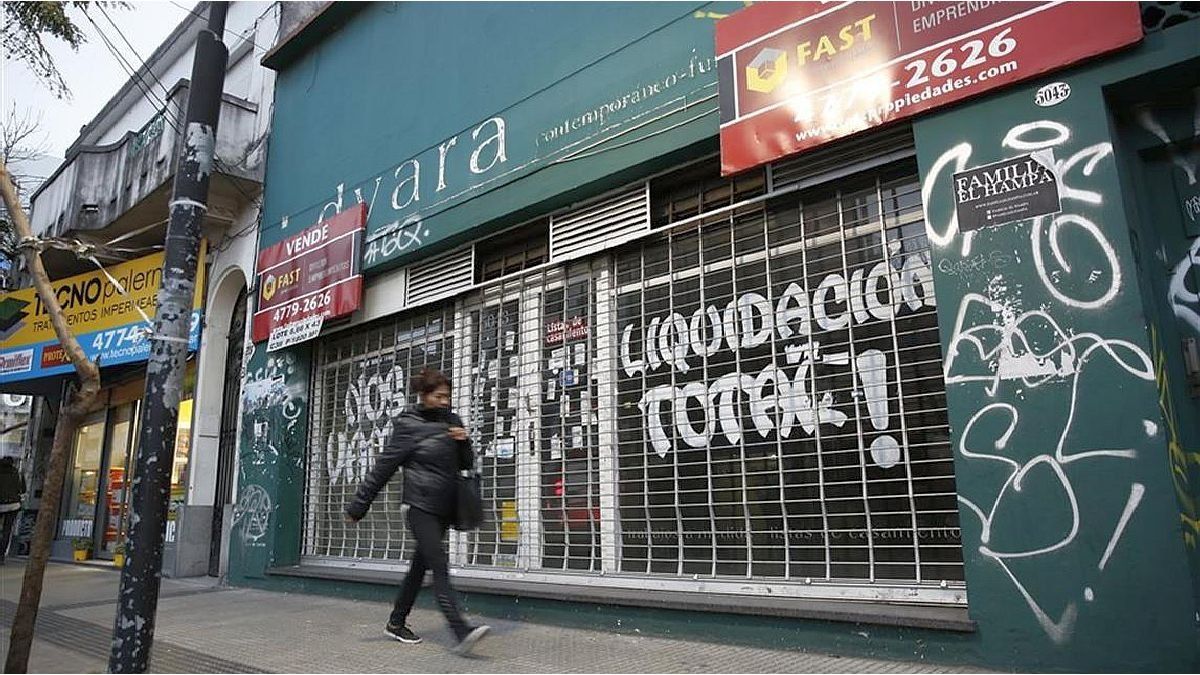The Berlin traffic light parties have experienced an unprecedented election debacle in Thuringia and Saxony, but do not want to let it throw them off course. The next crash test will follow in three weeks.
Despite their election debacle in Thuringia and Saxony, the three traffic light parties have committed to continuing their coalition government at the federal level. The SPD leadership backed their ailing Chancellor Olaf Scholz and demanded more discipline from the FDP and the Greens. However, individual FDP politicians have already started stirring up trouble again and questioning whether they will remain in the coalition. Party leader Christian Lindner, however, put them in their place.
The traffic light parties suffered an unprecedented debacle in the elections in the two eastern German states on Sunday evening. Never before have the federal government parties performed so poorly together in state elections. In Thuringia they only received 10.4 percent, in Saxony 13.3. In Thuringia they are therefore even weaker than the recently founded Sahra Wagenknecht (BSW) coalition alone. The AfD is more than three times as strong there as the entire traffic light coalition.
Scholz finds result “bitter” – but no self-criticism
The SPD nevertheless reacted to the election results with a mixture of shock and relief. They had feared that they would even fall below the 5 percent hurdle. Chancellor Olaf Scholz therefore called the result “bitter” for his party, but also pointed out that the “gloomy forecasts” had not come true. The SPD had stuck together and conducted a good election campaign. “It shows that fighting is worth it. Now it’s about constantly campaigning for more and new support.”
Self-criticism? None. As was the case in the European elections in May, when the SPD achieved its worst result in national elections in more than 130 years with 13.9 percent. At that time, Scholz had posters put up during the election campaign under the slogan “peace”. Federal political issues such as the war in Ukraine and migration were also important in the state elections. In both states, the SPD achieved its worst results since 1990, and in Thuringia, with 6.1 percent, it even achieved its worst result in a state election ever.
Election quake also causes a stir internationally
The fact that, on the other hand, the political fringes are gaining strength, with the AfD over 30 and the BSW with double-digit values, is also causing a stir internationally. The blame is largely placed on the traffic light coalition. “Voters are fed up with Olaf Scholz and a coalition that cannot control migration and clings to climate targets despite the tangible and growing economic damage,” writes the American “Wall Street Journal”. And the Brussels edition of “Politico” comments: “The result is another nail in Chancellor Olaf Scholz’s political coffin.”
Esken: Scholz will be a “strong candidate for chancellor”
SPD leader Esken defended the Chancellor against all doubters. “Olaf Scholz is our strong Chancellor and he will be our strong candidate for Chancellor,” she said at the Willy Brandt House in Berlin. As in the last federal election, the SPD will succeed in changing the tide in the last few months.
At the same time, she addressed a warning to the coalition partners of the Greens and the FDP. All traffic light parties, but especially these two, must draw motivation from the election result to end public disputes. Too often, good decisions are relativized the next day. “This has to stop, and our colleagues have to understand that,” said Esken.
Cross-shots from the FDP: “The traffic light coalition has lost its legitimacy.”
By the time she said it, the first criticism from the FDP had already been fired. Thuringia’s top candidate Thomas Kemmerich called for an end to the traffic light coalition, and party vice-chairman Wolfgang Kubicki also said: “The traffic light coalition has lost its legitimacy.” Linder rejected Kemmerich’s demand, however: “We have different opinions here.” The FDP leader pointed out that there are still outstanding coalition projects, such as the economic growth initiative. “It is better that these measures come now than that they do not come at all,” he said. In other words: the traffic light coalition is still better than nothing.
Green Party leader Ricarda Lang’s commitment to the coalition also sounds more like holding out than a new beginning: “We stand by the responsibility we have. We have taken on responsibility for four years and are still prepared to live up to it.”
Will the SPD bastion of Brandenburg fall?
Perhaps the coalition will pull itself together for at least the next three weeks. That’s when the next crash test will be in Brandenburg. The state election there is particularly important for the SPD because it has provided all the state premiers in Potsdam since 1990. If the current head of government, Dietmar Woidke, fails after eleven years in power, the SPD could start a discussion about whether the much more popular Defense Minister Boris Pistorius (SPD) should become the candidate for chancellor.
Söder and the K question: “I wouldn’t shirk”
After the Brandenburg election, the Union must also clarify its candidacy for chancellor. Friedrich Merz has the best starting position, but CSU leader Markus Söder is warming up on the sidelines. “For me, being prime minister is the best job. But I would not shirk responsibility for our country,” said Söder after the two elections in eastern Germany on the Gillamoos festival grounds in Abensberg, Lower Bavaria. At the same time, he promised again that a fight within the Union – as in his dispute with Armin Laschet in 2021 – was out of the question. “Back then, it was simply the wrong candidate.”
AfD wants “blue wave” in the West too
Meanwhile, the AfD used its electoral successes in Thuringia and Saxony to underline its national political ambitions. “Overall, of course, the aim must be for us to become the strongest force at the federal level at some point,” said party leader Tino Chrupalla. “This blue wave must come from the east to the west, to the old federal states.”
Source: Stern
I have been working in the news industry for over 6 years, first as a reporter and now as an editor. I have covered politics extensively, and my work has appeared in major newspapers and online news outlets around the world. In addition to my writing, I also contribute regularly to 24 Hours World.




